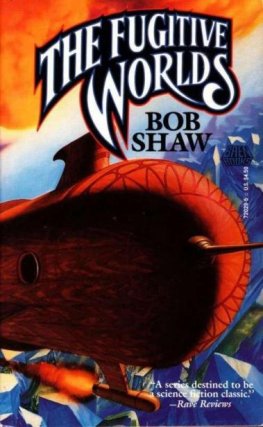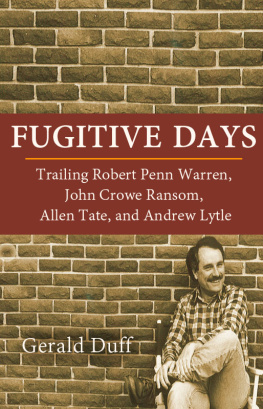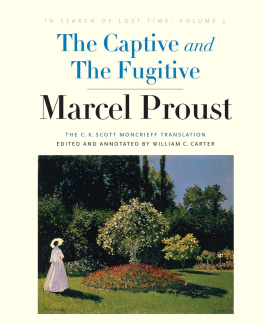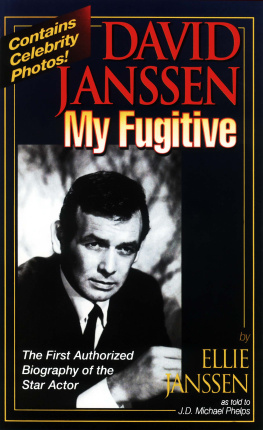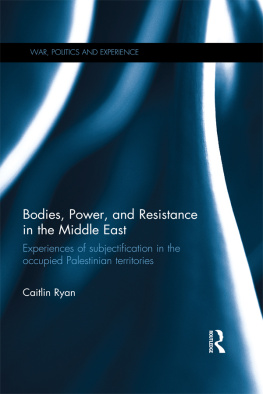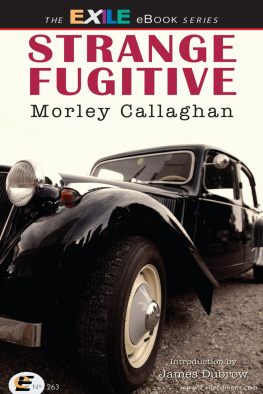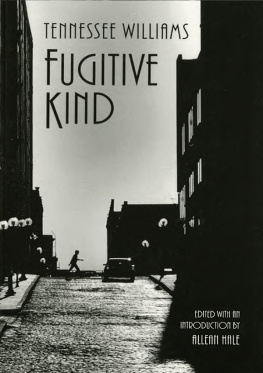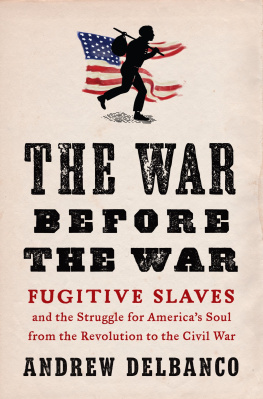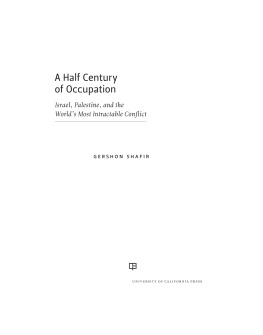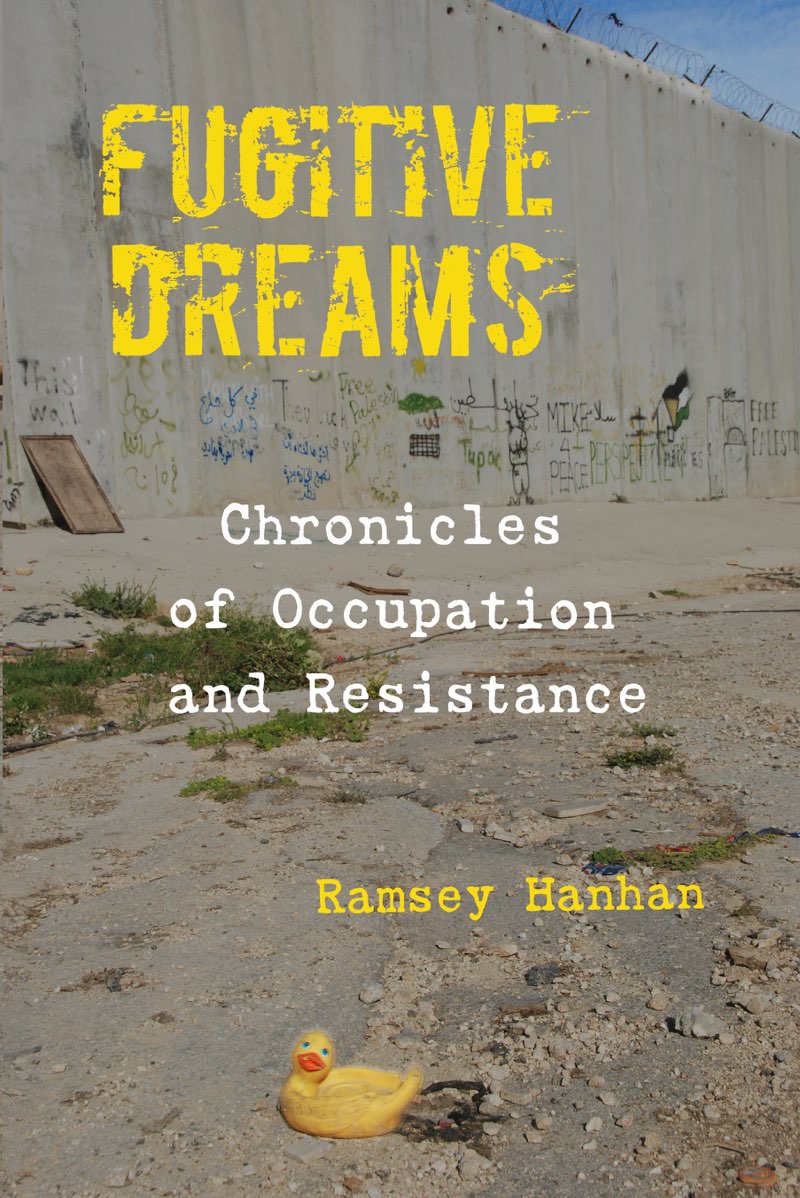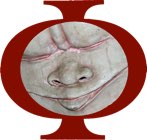recognize me.
Under the Desk
Mid-1970s. Three years old. My house was my castle, where I played under the loving, caring eyes of my mom and grandma.
Stay away from the windows, or you may get a stray bullet, Moms voice anxiously pealed, delivering one of my earliest lessons in life.
Outside, the streets were in turmoil, spilling the sound of gunfire and the smell of burning tires and tear gas into the house. A world of borders, and I was born on the wrong side.
Of course, I peeked when I could, wondering what a stray bullet looked like. Schoolchildren, of the same ages as my siblings, poured out of the school across the hill, packing the streets. I could hear them chanting slogans, while soldiers fired tear gas and warning shots.
All of a sudden, the tone changed. For the first time in my life, I heard the sound of a loudspeaker. Army Jeeps roamed the town, blurting orders to stay indoors or risk getting shot. My parents hurried to close the window shades. We stayed indoors for several days.
Then came the banging on the door. Loud, continuous banging with the butt of a rifle. I thought the door would break. Through the cracks in the blinds, I saw the soldiers strutting on our patio. What do they want from us? Will they search the house? Are they looking for children? Soldiers dont like children. I see them shooting at the older kids every day. Now they are right outside our house, so they must be here to get me. With this incontrovertible logic of a three-year old, I quickly scampered and hid between my dads desk and the wall a narrow crack into which I could barely squeeze myself. There, I would be safe from those big, monstrous soldiers. Breathless, I stayed, as long as I could hear the thuds of their boots and the jangles of their guns.
Under the desk I hid again when I was eight. I was sipping a soda in the family store when I heard a loud smash from shattering glass. A masked man was at the door with an Uzi submachine gun pointed right at me. He looked terrifying wearing a black ski mask backwards, with narrow cut-outs for eyes and mouth. I dont recall how, but in no time I was in the inside room, hiding under Dads desk, as if bullets could not penetrate that space. Thinking back, the robber was probably stunned at my disappearance, in less time than he could blink. I cared less what he thought. I dont recall how much time elapsed before my older brother found me and walked me out of the store.
1985, twelve years of age. My dad had left on a business trip to Jordan the day before. Woke up early the next day on the sound of people talking. Found the house full of over a dozen people Israeli tax collectors searching it from top to bottom, and bottom to top. They started at 6 AM and continued until evening, when they left carrying boxes of paperwork and accounts. My father came back from Jordan days later to find an order to detain him at the border. Israel had imposed a new sales tax that no one in the occupied West Bank paid. So I guess the Israelis needed to set a few examples.
A couple of years of later, in December 1987, the Intifada, or uprising, began. Soldiers were shooting at children again, with lethal consequences, except this time the disturbances were to last more than a few days. The protests, civil disobedience and rebellious mood continued through the early 1990s. The occasional knock on the door became more frequent, usually in the middle of the night. Sometimes it was to search for wanted people, more often it was to draft us into forced labor: clearing roadblocks and erasing national slogans from the walls. The security of the home was violable to anyone with a gun.
Coexistent with those outside threats was the insecurity within the home. The insecurity of relying on someone else, namely my dad, to provide. The insecurity of dealing with his unpredictable moods and tempers, and with his methods of discipline. I could never figure out whether something Id do would please or anger him, so my best strategy was to avoid him altogether. I dragged my feet coming home from school, in the hope that he was done with his lunch and back at work. Now that Im older I realize he loved me, in his own way. I even grew to pity his old age and frailty.
But back then, I feared him, and needed places to hide, other than his desk. My favorite was outside, in the back garden, out of his sight. The ground level of the house was unfinished. Its covered patio, where no one could see me looking down from the third floor, became my hideout. Next to it was an almond tree that was my friend, who knew all my secrets and heard my grievances. Sometimes I took to the hills. Ramallah was then only lightly built, with plenty of empty lots, hills, and fields surrounding us. (This green space was to evaporate within my lifetime.)
For decades after, these insecurities of childhood continued to haunt me. I developed a mistrust, and sometimes resentment, of authority figures: tough bosses, policemen, airport security and border control in fact anyone with a uniform, people who yell or bang loudly on doors, and people who control the purse.
When my childs birth was almost due, I yearned to spare her my experience and to ensure the security she needed to flourish. A home free from arbitrary searches, midnight banging on doors, gunshots and wars, or controlling fathers. But I know, from my own experiences, that real security does not exist. Everything can change. I have no control over outside events. The only thing I can do is be a different kind of parent than my father has been, and that path I have diligently followed, pledging at a minimum to do no harm.
Moving to America did not bring security. I spent eight years a student nomad in college and graduate school, moving from one dorm room to another, to a subletted apartment in the summer, to my brothers place for the holidays.
My periodic visits to my childhood home in Ramallah, because of mounting commitments and responsibilities, became shorter and less frequent. Each visit confronted me with more changes, to the point where I hardly recognized the place. Stability, security, a solid foundation so elusive in this fast-changing world.
Often I wondered how my own parents felt, having lost their homes and everything they had in 1948. Living in the coastal areas of Yafa (Jaffa) and Ramleh, they had to escape for their lives to make room for the Jewish state. In the West Bank, they started their lives anew. Until Israel occupied the West Bank two decades later, it was impossible for them to even visit their hometowns. Then, with the border down, they went back to find their places in ruins. My grandfather died in 1967 shortly after seeing the lands he owned fenced off and confiscated. I still recall my mother in tears at the empty lot that used to be her childhood home.


![Scott O’Hara - Five-Star Fugitive [= Border Town Girl]](/uploads/posts/book/907914/thumbs/scott-o-hara-five-star-fugitive-border-town.jpg)
